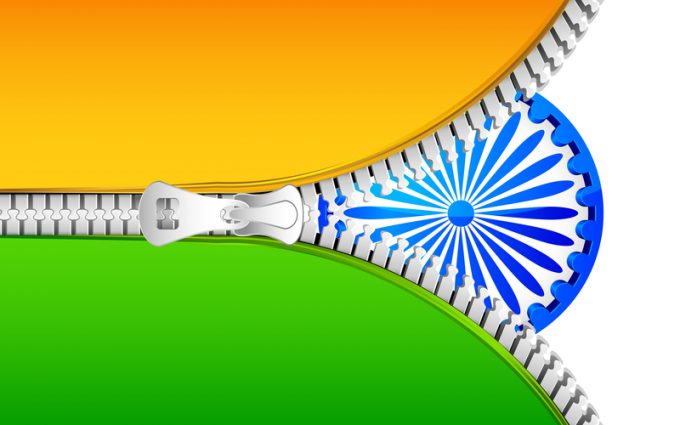SolitAir betting on India with $25m investment pledge
India is going to be the key market for start-up SolitAir, a Dubai-based cargo airline ...

The Indian RMG (ready-made garment) industry that saw sourcing shifting from China as a lucrative opportunity, seems to be struggling as regional competition for market share heats up.
Indian RMG exports by value have seen a sharp decline in the current fiscal year, which began in April as total trade has slid 17.6% year on year, to $4.8bn, with a YoY fall in July of 17.4%, official data shows.
The latest figures not only present a gloomy outlook for RMG exports, but ...
'Disastrous' DSV-Schenker merger would 'disrupt European haulage market'
New senior management for DSV as it readies for DB Schenker takeover
Volumes set to 'fall off a cliff' as US firms hit the brakes on sourcing and bookings
Asian exporters scramble for ships and boxes to beat 90-day tariff pause
Amazon pushes into LTL for small package fulfilment and UPS does a u-turn
Temporary tariff relief brings on early transpacific peak season
Pre-tariff rush of goods from US to China sees air rates soar, but not for long
Forwarders 'allowing the fox into the chicken run' by supporting 'hungry' carriers

Comment on this article